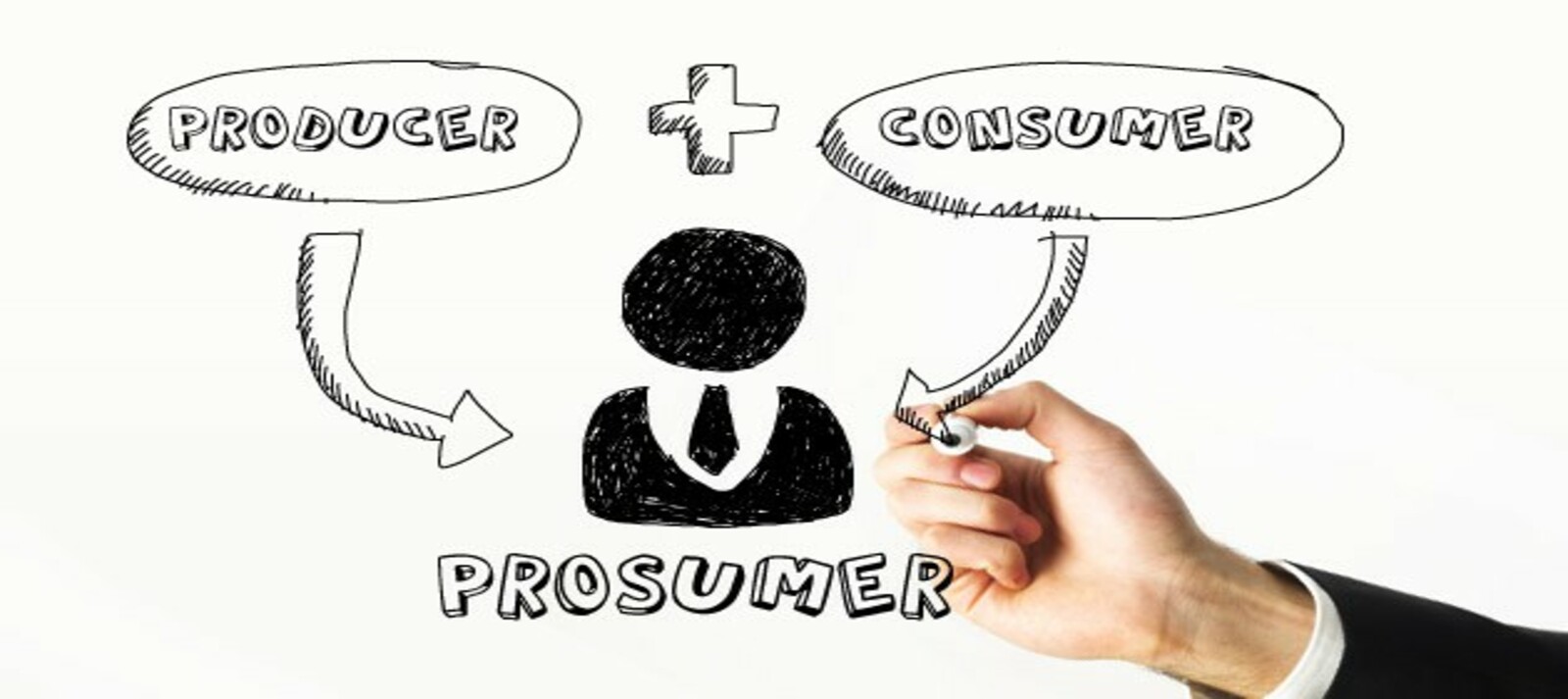Traditional hearings vs. social prosumers

Digital culture has profoundly transformed the study of audiences in their quantitative dimension and in the qualitative aspect, such as the perception of media content.
Social networks and the digital transformation of the media ensured a more active and participative citizenship, involved in each and every one of the phases of the communicational process, reversing the unidirectional trend and making possible horizontal authorship dynamics.
At the same time, the traditional facet of press, radio or television consumption continues to be a reality that has a determining influence on periodic studies, the commercialisation of advertising spaces, etc.; although it does not remain alien to the digital factor, with phenomena such as content on demand or second and third screens in the field of audiovisual perception.
The transformation process that involves active perception is proposed to discuss, either from a quantitative perspective or from studies focused on some specific aspect of the immersion of citizens in the media, considering the Internet and social networks as means of massive character.
There is also room for theoretical essays, as long as they are well documented and presented in a clear and structured manner, focusing on subjects that can range from blogging or influencing to film experiences without an author or local information, to audience analysis and the perception of journalistic content in the 21st century.
You are invited to present papers on the following thematic axes:
● Audience studies in the post- digital and comparative era with the traditional ones.
● Transformations in information and entertainment consumers.
● Social prosumers, interactivity and citizen journalism.
● The communicative process and the Relational Factor in the postdigital era.
